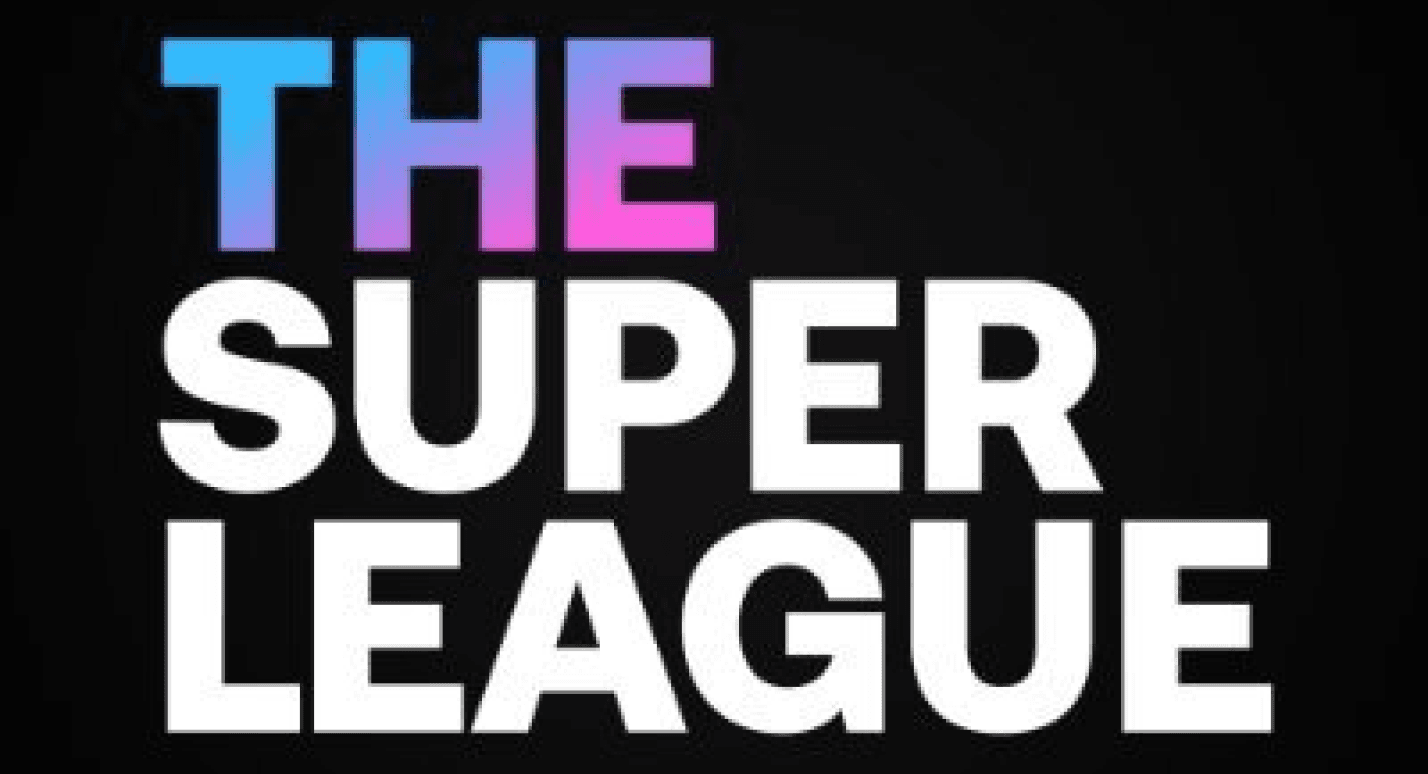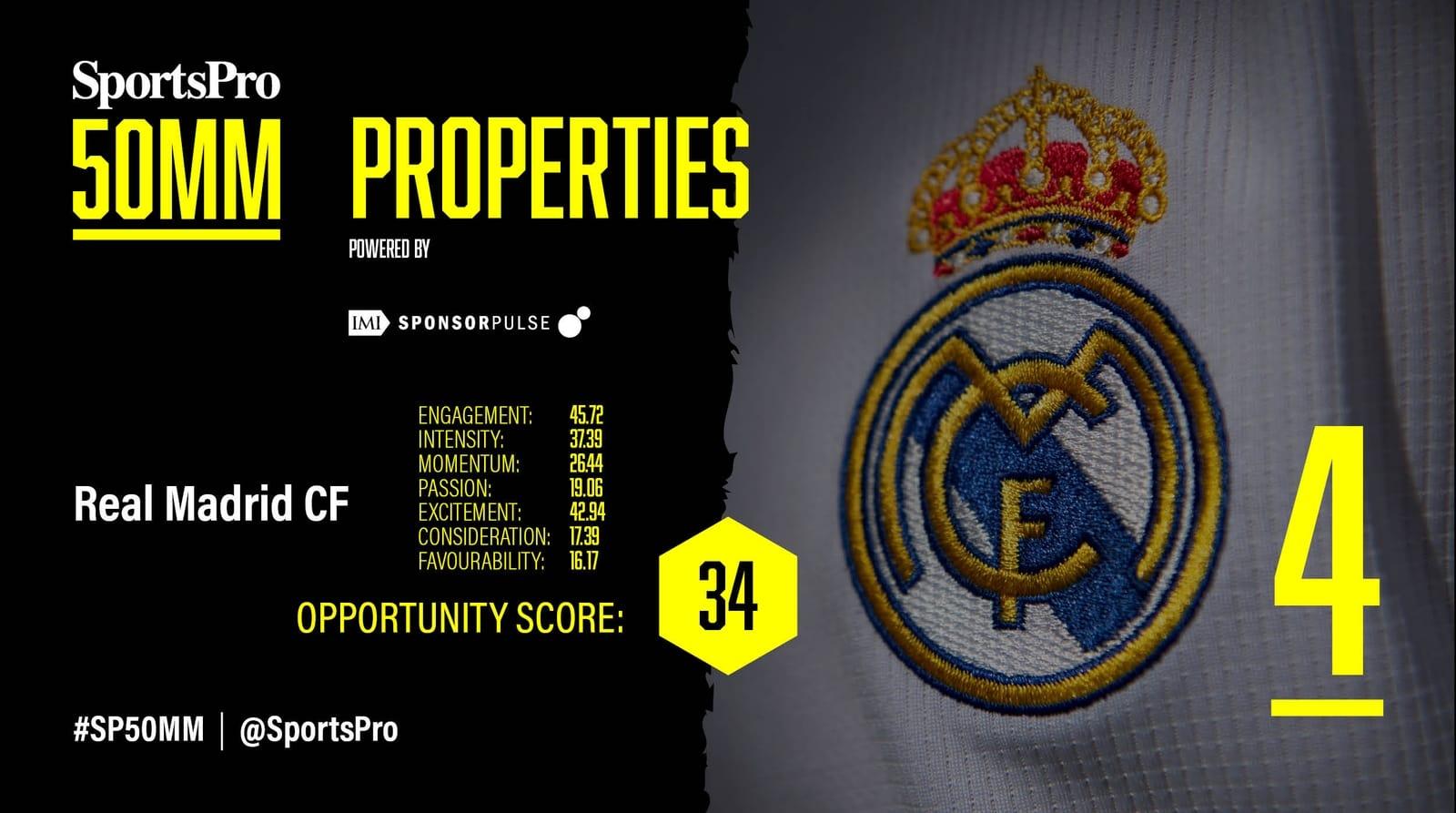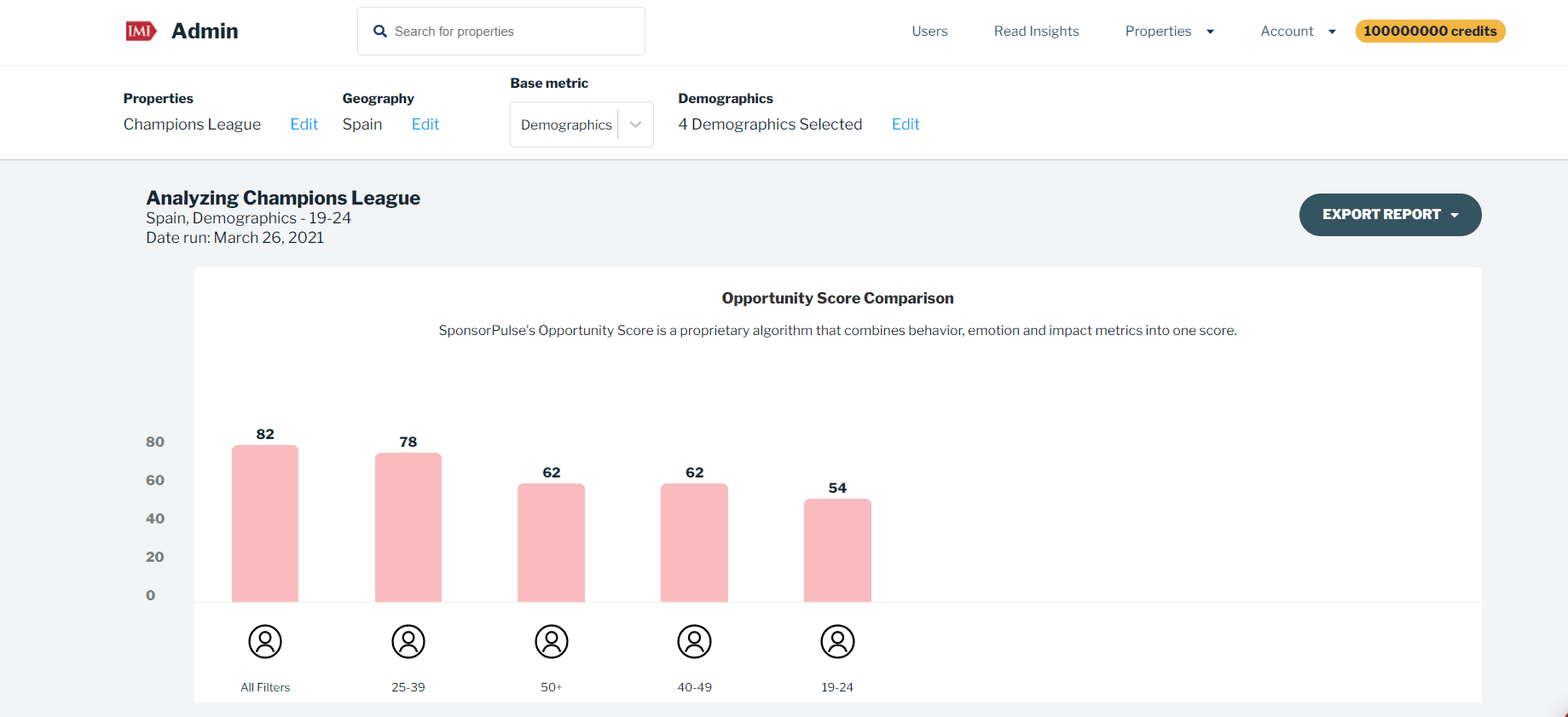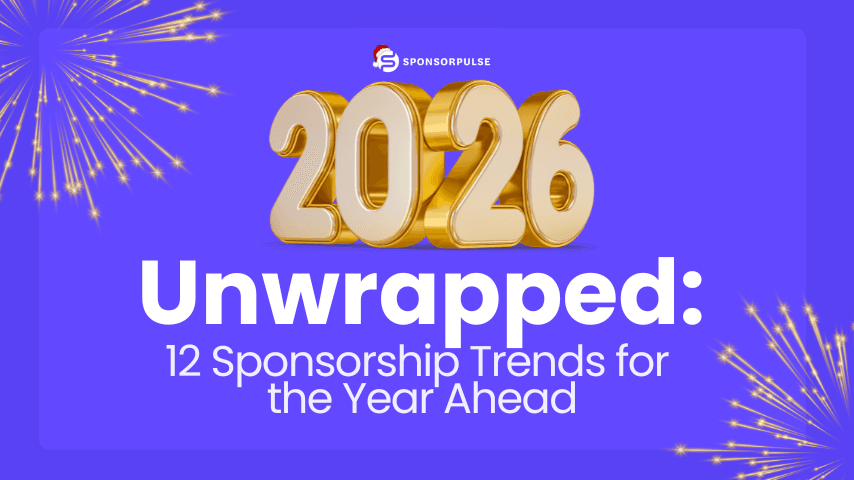Just how super was the new proposed Super League?

Eddy Sidani examines the new Super League through a sponsorship marketing lens and discusses the implications it would have on the sport of soccer moving forward.
It's been two days and the dust has finally started to settle (at least for now).
On April 18th, a joint statement from 12 of Europe's largest soccer clubs read that they have agreed to establish a new midweek competition, the Super League, which will rival the prestigious UEFA Champions League (UCL) and be governed by its founding clubs. AC Milan, Arsenal, Atletico Madrid, Chelsea, Barcelona, Inter Milan, Juventus, Liverpool, Manchester City, Manchester United, Real Madrid and Tottenham Hotspur have joined forces to create a new competition that will begin "as soon as practicable". For those of you who are unfamiliar with what I'm talking about, I encourage you check in with our friends at SportsPro Media who are doing a great job covering the situation as it unfolds daily.
Every network and media channel across the globe has covered the Super League extensively since the news broke this past Sunday. Many fans, players, managers, and pundits have shared their thoughts and opinions on the matter, either praising or criticizing the new league and what it represents. Instead of further saturating your timeline, we wanted to give you a fresh look on the topic through a sponsorship marketing lens. We'll take the time to examine the optics of the new competition, the ramifications that it would have if it were to come to life, and what that would mean for soccer partnerships moving forward.
The Super League - How 'Super' are we talking?
First of all, let's discuss the branding of this new league. The title itself - The Super League - isn't exactly oozing with creativity. Not to mention the relatively uninspiring logo that has been attached to the project. For a multi-billion dollar initiative that claims to become the top-tier soccer competition for the future, one would expect to be met with a brand that dazzles and awes upon first impression. Surely, as time goes on these details will be ironed out as the league begins to establish its identity. Overall; simple, clean, and effective.

What about the founding clubs of this new league? How Super are they? The answer - quite super indeed. According to last year's SportsPro 50 Most Marketable Properties (50MM) list powered by SponsorPulse (shameless plug), 11 of the 12 founding clubs were recognized as some of the most marketable sport properties across the globe. Unsurprisingly, The top ranking club from this list was Real Madrid who was ranked as the fourth most marketable sport property in the world with an international SponsorPulse Opportunity Score of 34. The only founding club to not crack the top 50 was Tottenham Hotspur, who placed 72nd with an Opportunity Score of 13.Earlier this year, Forbes released their list of the top 20 most valuable soccer teams with all 12 founding clubs making the list. By their calculations, the most valuable club in the world is Barcelona, valued at $4.76 billion. Real Madrid closely followed in second with a valuation of $4.75 billion. In total, the founding clubs of the new Super League are valued at a whopping $34.36 billion. Also, let's not forget the 99 European trophies shared among the lot. Considering the German and French teams that have decided to boycott the league (for now, anyways), I think it's safe to say that this self-proclaimed 'Super' group really does consist of the largest soccer clubs in the world today. Lastly, what about the Super-bank behind this project? American financial goliath JPMorgan Chase has reportedly confirmed that it will be funding the new league for up to $6 billion and will charge a 2%-3% interest rate on the debt.Talk about the ultimate 'Super' party. The only missing pieces are Clark Kent, the Vince Lombardi Trophy, and a 1990s Nintendo video-gaming console.
What about current and future sponsors?
The UEFA Champion's League (UCL) currently lists eight official sponsors on its website: Nissan, PlayStation, Gazprom, Lay's, Santandar, Mastercard, Expedia, and Heineken. It's a safe bet that when these brands signed on to partner with the UCL, they were under the impression that the competition would host the best clubs and players in the world.With the threat of the new Super League upon them, this might not be the case for much longer. UEFA and their partners are likely communicating how the property will be able to deliver and satisfy sponsor needs if 20 of the world's largest clubs suddenly cease to participate in the UCL. Also, with UEFA threatening to ban players from all international competition (including the FIFA World Cup), what does this mean for prospective partners moving forward? Will these brands continue to sign lucrative, multi-year deals with FIFA and UEFA if these star athletes aren't involved, or, will they elect to invest their budget on a partnership with the Super League instead? This is, quite literally, the million-dollar question.In a world where non-profit organizations are uber-reliant on broadcasting and sponsorship dollars, FIFA and UEFA must do everything in their power to prevent this Super League if they wish to retain this revenue. Referencing the 50MM list mentioned earlier, the FIFA World Cup, UEFA Champions League, and UEFA Euro are the first, seventh, and eighth most marketable sport properties in the world respectively. If the Super League commences and UEFA holds true to their threat, it's likely that these three properties would see a decrease in marketability across the globe.We know that in today's marketing landscape, sponsorship deals are business transactions - not donations. Brands looking to connect with consumers through soccer will compare all viable options and choose that which provides the greatest return on their investment. The Super League certainly throws a wrench into this equation, and poses a threat to the likes of UEFA and FIFA that they've never seen before.In a recent press conference, Andrea Agnelli (Super League Vice-Chairman, European Club Association Chairman, Juventus President) cautioned that the so-called "Gen Z demographic of 16-to-24-year-olds have virtually no interest in football whatsoever". SponsorPulse data echoes this narrative, as the UEFA Champions League scored lowest among 19-to-24 year-olds in eight of the world's largest markets (Argentina, Brazil, China, Colombia, India, Indonesia, Mexico, and Spain). There is belief that by regularly matching the world's most prominent teams against one another, the Super League would generate higher levels of interest among the younger demographic and spark a new generation of fans that haven't come around yet. One way for Agnelli & co. to drive engagement among Gen Z is to work with partners who have experience in reaching this consumer base and find ways to connect in areas that soccer may have typically avoided in the past.


There is much left to uncover in this ongoing saga surrounding the Super League and its members. Many people believe that the creation of this competition would tarnish the nature of the beautiful game by creating a greater disparity between the rich and the poor. While these concerns may be accurate and warranted, it is important to remember who owns the sport of soccer. Soccer does not belong to the owners of professional clubs, the players, or the organizing bodies. It is not FIFA's or UEFA's to lose or give away. No, soccer/football/calcio (call it what you will) belongs to us - the fans. The people who appreciate the simplicity of it all, who are overcome with sheer joy every time the ball swishes in the back of the net, who are overwhelmed with emotion when the referee blows that final whistle. This sport has not become what it is today because of the billion-dollar clubs that compete for million-dollar prizes, but rather because of the everyday folk who enjoy its grace and what it represents.
For the fans out there, I encourage you to reflect and remember why your love for this sport runs so much deeper than the clubs and players that we follow. Never let anyone take this away from you. This is your game, your passion, your identity.
To see more data and learn more about soccer consumer behaviours across the globe, visit www.sponsorpulseimi.com.


